As seen on BBC’s The One Show, there’s a growing interest in local community groups taking on a shared ownership of a variety of businesses across the UK.
Plunkett’s support for a range of alternative types of community-owned businesses has been showcased in a piece on BBC’s The One Show.
The feature, first broadcast on 11 January, and available to now watch on the BBC iPlayer (from 23:35) was recorded at York Supplies in Birmingham, the first community-owned hardware store in England.
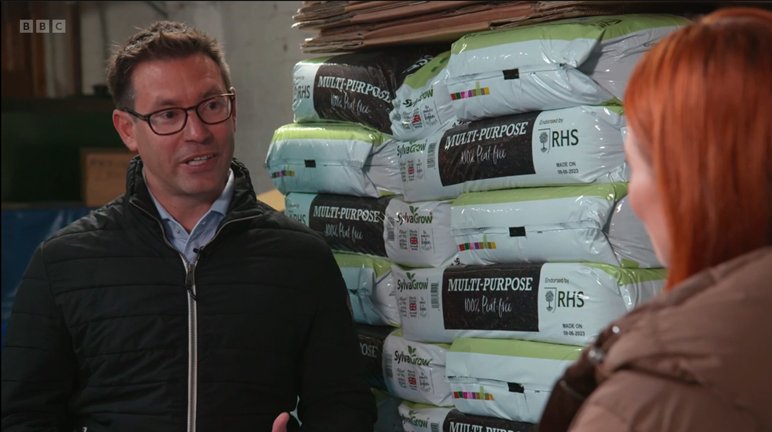
James interviewed by The One Show
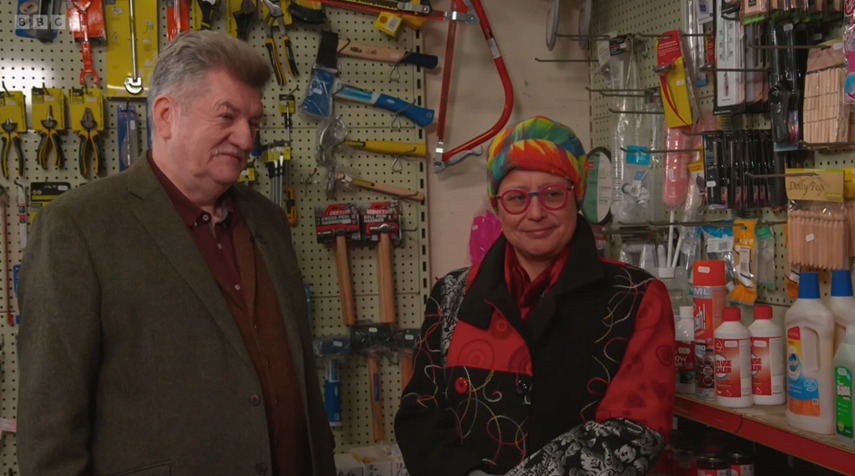
Donald and Naomi from York Supplies
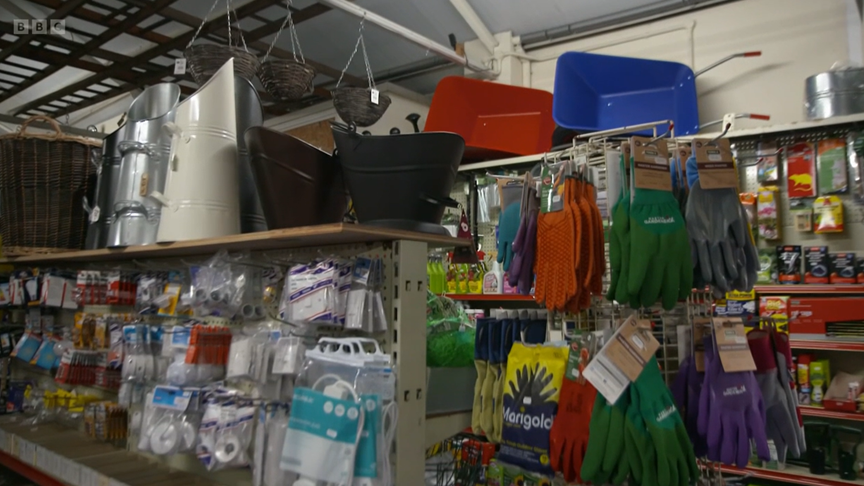
The shop floor at York Supplies
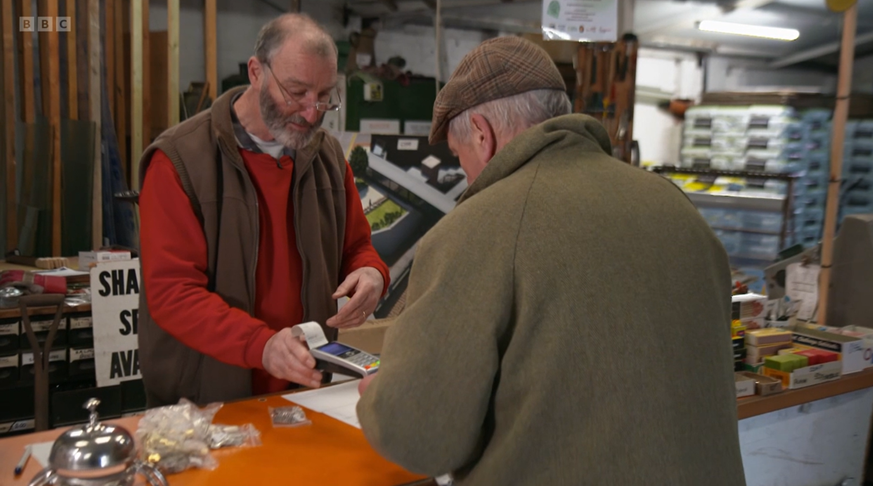
A customer at the shop
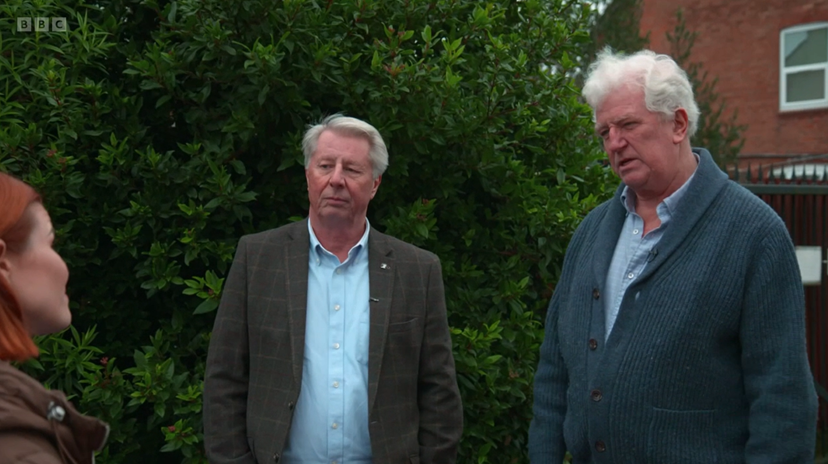
David and John from Shropshire
The shop began operating in 1947 and boasts the Beatles as former customers! Following the retirement of the former proprietor, a community buyout was seen as a way of protecting the asset, jobs and the business for long-term benefit.
The group have successfully utilised the community share model to raise significant capital to enable them to purchase the asset, with support from the UK government’s Community Ownership Fund. They are now open and trading.
Donald and Naomi from the co-operative appear on The One Show’s feature, with Naomi saying: “We know we’re doing something customers really want to happen – they will come in and support the shop.” Several local people appear too, with one of them adding: “People are committed to making their community a real community.”
Plunkett offers free advice and support to any interested community group; to help them assess the commercial viability of the business they are seeking to bring into community ownership. It is this work that underpins the 92 per cent long-term success rate of all community businesses supported by Plunkett Foundation.
James Alcock, Plunkett’s CEO, appears on the programme and says, “Since the pandemic, we’ve had a 50 per cent increase in enquiries from a whole range of business ideas that they want to take into community ownership – farms, woodland, cafes, laundrettes – any kind of business that you can imagine.”
When asked by the reporter, why he thinks community ownership is becoming so popular, James replies: “It has to start with community needs and, if the community is showing that appetite to take it on, the enthusiasm will grow and it will become infectious, and it will succeed.”
In the programme, we also see David and John travel from Ditton Priors in Shropshire to talk with the group at York Supplies; to hear about starting a community-owned business.
The community are interested in buying the Brown Clee Medical Practice building, to protect the asset ahead of one of their GPs retiring next year. The project aims to attract new GPs to the community, and the business model will be based on a landlord-tenant relationship.
Once the rental income hits a certain threshold the ambition for the community is to utilise surpluses to fund health-based activity in the local area.
Founded on the principles of open membership, community businesses offer opportunity for anyone to support the community’s ambition. Connected to this membership, the democratic nature of the business type means that people have equal say on how the business should run in the long-term.
More than 780 businesses across the UK that are trading have been supported by Plunkett Foundation – more than half are shops, almost a quarter are pubs and one in ten are land, farming and woodland. Around seven per cent fit into the category of ‘other’ that was featured on The One Show.
From our research, we know that over 180,000 people have invested in their local businesses that have been supported by Plunkett. These investors have raised a collective £50m in community shares.





